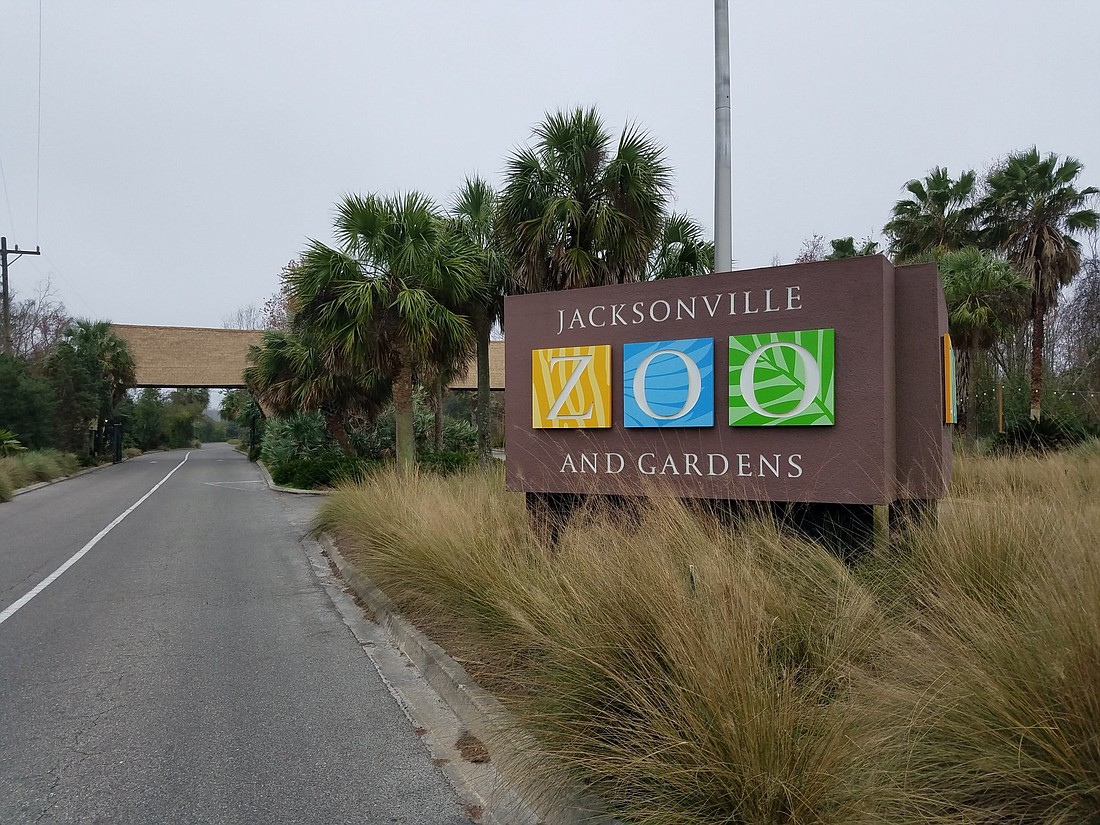
The Jacksonville City Council agreed Dec. 8 to parcel out $6 million in unused federal Coronavirus Aid, Relief, and Economic Security Act funds to boost ongoing COVID-19 and small business-residential eviction prevention programs.
The Council’s 18-1 vote will inject $1.5 million more into the city’s program partnership with the Jacksonville Bar Association for eviction and foreclosure prevention for Duval County residents and businesses.
Council approved Ordinance 2020-0765 as an in-and-out emergency Dec. 8.
The city has received 4,700 residential eviction and mortgage foreclosure applications since the program went live Dec. 3, according to a city spokeswoman. The commercial property foreclosure component went live Dec. 7 and the city did not provide data associated with those grant applications in a Dec. 8 email.
Council approved $5.3 million Oct. 27 for the program to provide up to $5,000 grants to eligible residential tenants and homeowners and up to $10,000 for commercial properties facing mortgage foreclosure or eviction due to lease default.
The bill also provides $1 million to the Jacksonville Zoological Society Inc. and $500,000 to the Duval County Fair Association Inc. to cover COVID-19 related losses at the Jacksonville Zoo and Gardens and for cancellation of the 2020 Greater Jacksonville Agricultural Fair.
Another $477,036 will be available to 18 for-profit and nonprofit businesses that have requested pandemic aid from the city.
There was a failed attempt Dec. 8 to move $250,000 in the bill away from the zoo and add to the $1.5 million for eviction protection. Council member Brenda Priestly Jackson expressed concern that Duval County residents should be prioritized over the zoo’s budget hole.
“My priorities are our neighbors in need and it’s a dire need,” Priestly Jackson said.
Council member Rory Diamond argued the city has a responsibility to ensure the zoo has enough funding to feed and care for its animals.
Council member LeAnna Cumber, a past zoo board member, argued that the facility is a city asset that is an important part of Jacksonville’s culture.
The Southern Group lobbyist Matt Brockelman and the zoo’s representative told Council the facility had a $7 million revenue shortfall since the start of the pandemic and attendance is down 50% on the year.
An amendment by Council member Garrett Dennis to shift that money failed to gain support.
The zoo is one of the 138 nonprofit and for-profit businesses to receive CARES Act aid through the city this summer. Council voted to distribute two rounds of relief to that group totaling $23.78 million.
The zoo’s governing organization received $4.2 million in CARES Act money in June and applied for federal Paycheck Protection Program money.
Priestly Jackson noted the zoo’s previous aid in her justification for reducing its funding in Ordinance 2020-0765.
Other needs and deadlines
The city will use $750,000 in CARES Act money to offset workers’ compensation expenditures incurred as a direct result of COVID-19, the bill states.
Council acted to assign the unused federal coronavirus aid while U.S. cities and states face a Dec. 31 deadline to use the money or return it to the U.S. Department of Treasury.
Duval County and Jacksonville received $167.12 million from the CARES Act in April.
According to the bill, $4.2 million is being reappropriated from unused money in the city-VyStar Small Business Relief Program; another $910,000 is from the COVID-19 testing and other health needs contingency fund; and $748,577 is from the city rent, loan, lease and parking fee relief contingency fund.
The remainder of the $6 million is coming from other COVID-19 relief programs.